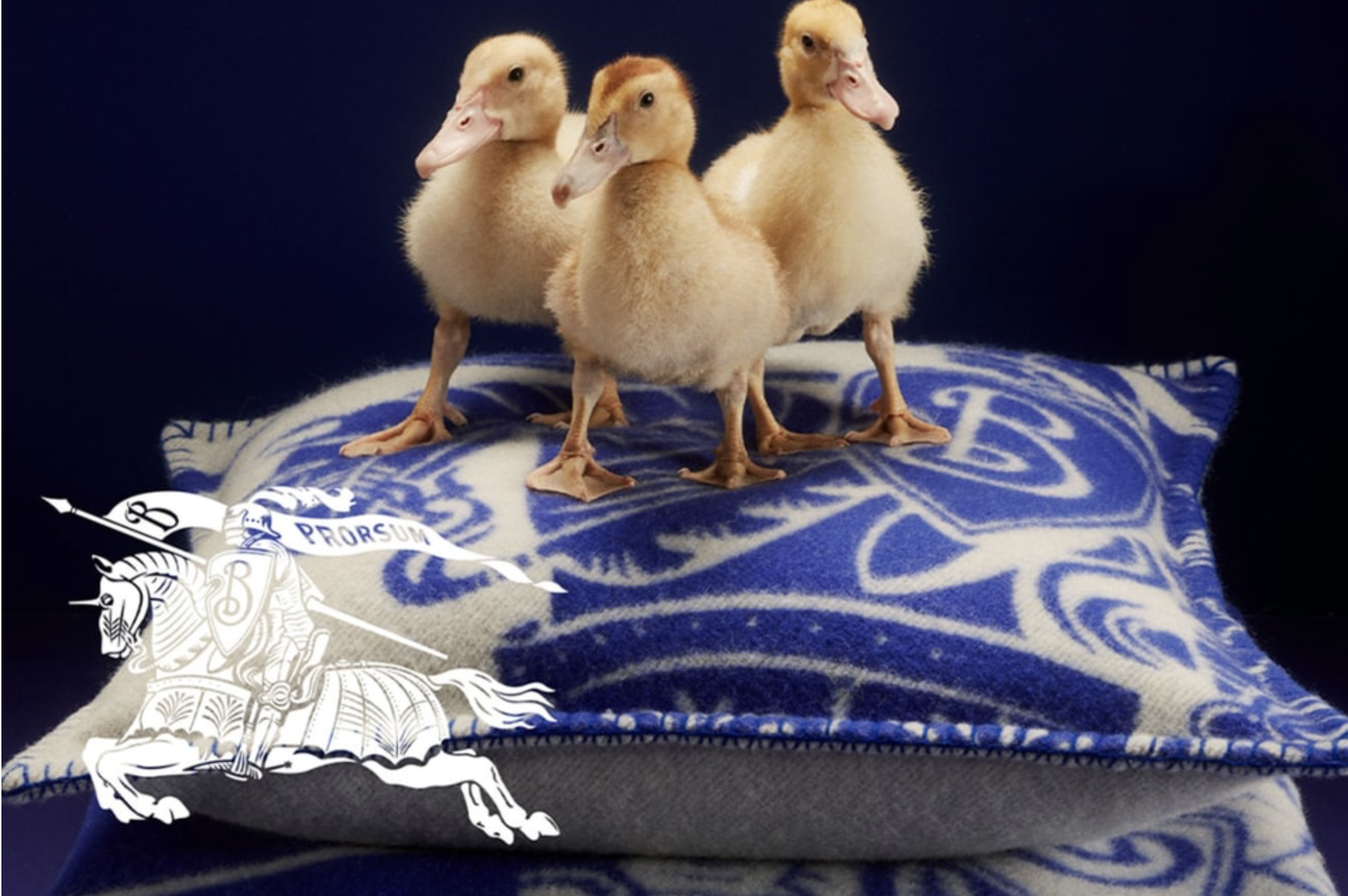
Breaking Barriers or Facing Barriers? Hailey Bieber’s Rhode at the Crossroads of Beauty M&A
Case Study | Hailey Bieber’s Rhode at the Crossroads of Beauty
M&A Hailey Bieber’s beauty brand, Rhode, is exploring sale options with a bold $1 billion valuation, guided by J.P. Morgan and Moelis. Amid a slowdown in beauty M&A, Rhode’s success in generating $200 million in sales positions it as a significant player. However, the brand’s total online presence and reliance on a celebrity founder may deter potential strategic buyers. The outcome of Rhode’s efforts could be a litmus test for the feasibility of high-valuation deals in the celebrity-driven beauty sector amidst a cautious market environment.
#BeautyBusiness, #HaileyBieber, #MandA, #RhodeBeauty, #CelebrityBrands, #casestudy, #CaseStudyRhode

Ramp Achieves $13 Billion Valuation in Recent Share Sale
Ramp, a New York-based corporate payments startup, has nearly doubled its valuation to $13 billion, marking a significant rebound in the fintech sector. This valuation increase occurred during a share sale involving major investors like Singapore’s GIC, Stripes, and venture capitalists including Thrive, Khosla Ventures, and General Catalyst. Ramp’s growth has been driven by an increase in card transactions and bill payments, along with its extensive integration of AI technology. Despite the broader fintech volatility, Ramp has managed to thrive, showing substantial increases in both annualized revenue and payment processing volumes. The company aims to expand beyond simple payments to become a comprehensive service platform for corporate clients.
#Ramp, #Fintech, #StartupValuation, #CorporatePayments, #ArtificialIntelligence

Anthropic Achieves $61.5 Billion Valuation After Major Funding Round
Anthropic, a leading artificial intelligence startup, has raised $3.5 billion, escalating its valuation to $61.5 billion. This funding round, led by Lightspeed Venture Partners and joined by other major investors, aims to fuel the company’s technological advancements and global expansion efforts. The round was oversubscribed, reflecting strong investor confidence in the AI sector despite ongoing challenges. Anthropic continues to stand out by prioritizing model safety, amidst a competitive landscape with rivals like OpenAI and China’s DeepSeek.
#Anthropic, #AIFunding, #ArtificialIntelligence

Burberry’s Exit from the FTSE 100: A Sign of Changing Times
Burberry has been removed from the FTSE 100 index due to a substantial decline in its market value, attributed to a significant drop in sales amid challenging economic conditions for luxury brands. The British fashion house, which joined the FTSE 100 in 2006 after being listed in 2002, has seen its share price fall by nearly 70% over the last year. This change reflects broader trends in the luxury market, where consumer demand has weakened. Burberry’s strategic response includes a leadership change, with Joshua Schulman taking over as CEO to revitalize the brand and focus on luxury outerwear and accessories.
#Burberry, #FTSE100, #LuxuryFashion, #MarketTrends, #StockMarket, #LeadershipChange, #EconomicImpact, #FashionIndustry